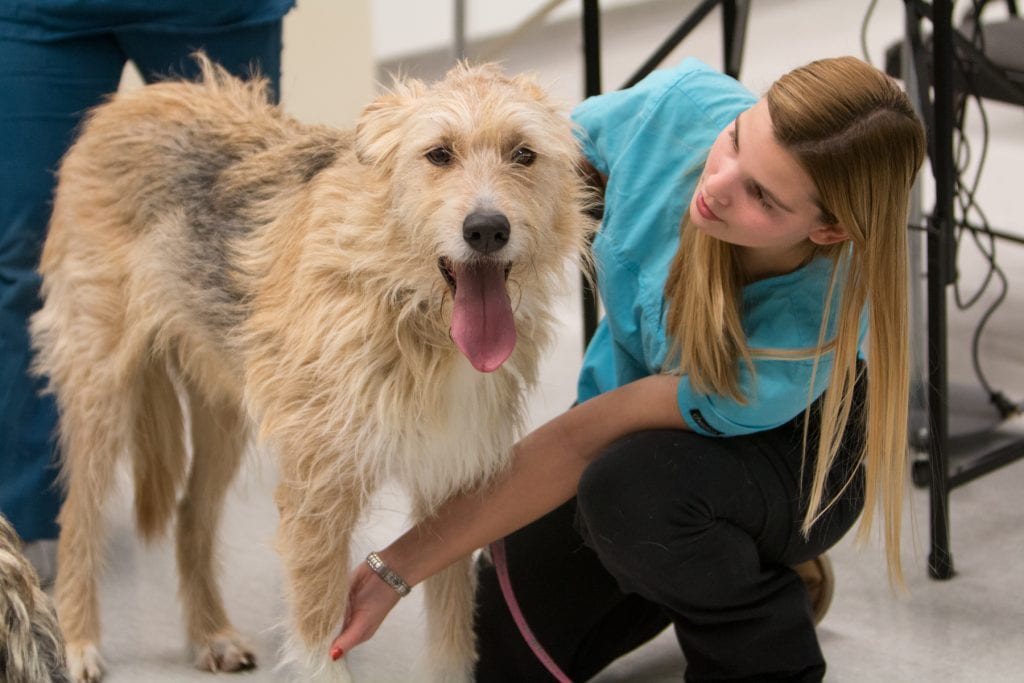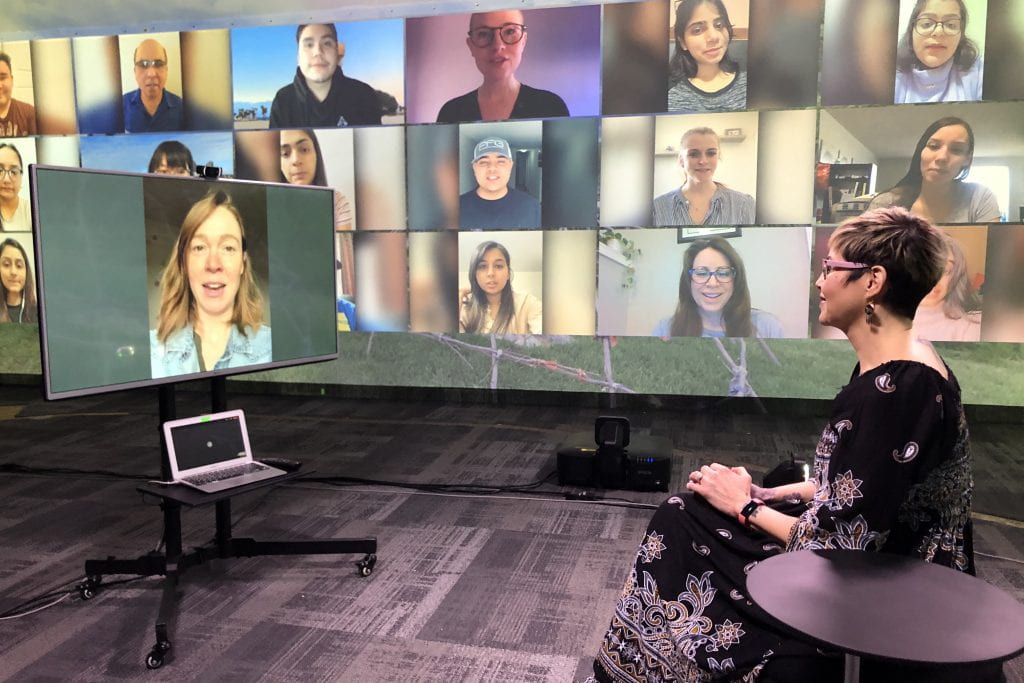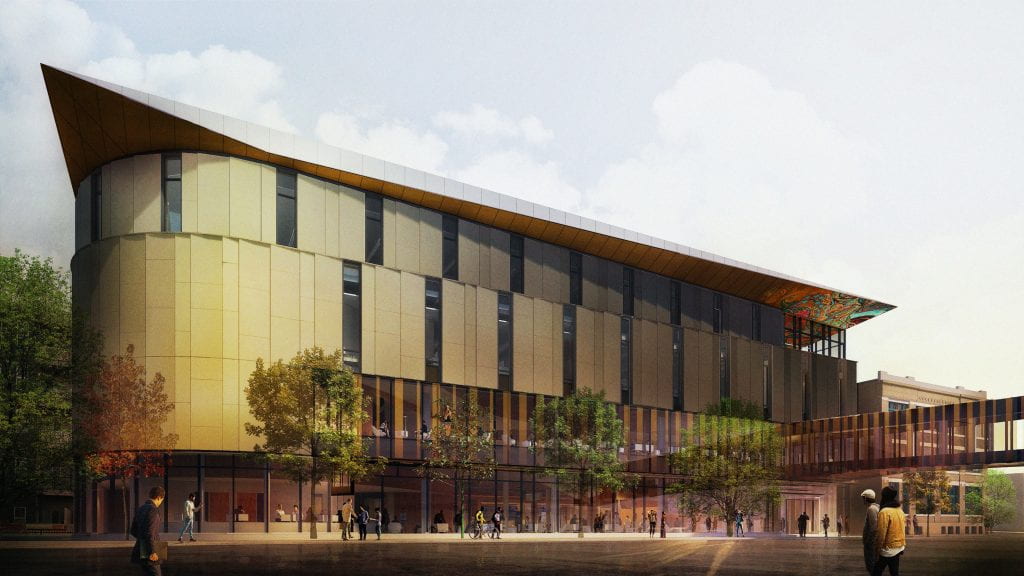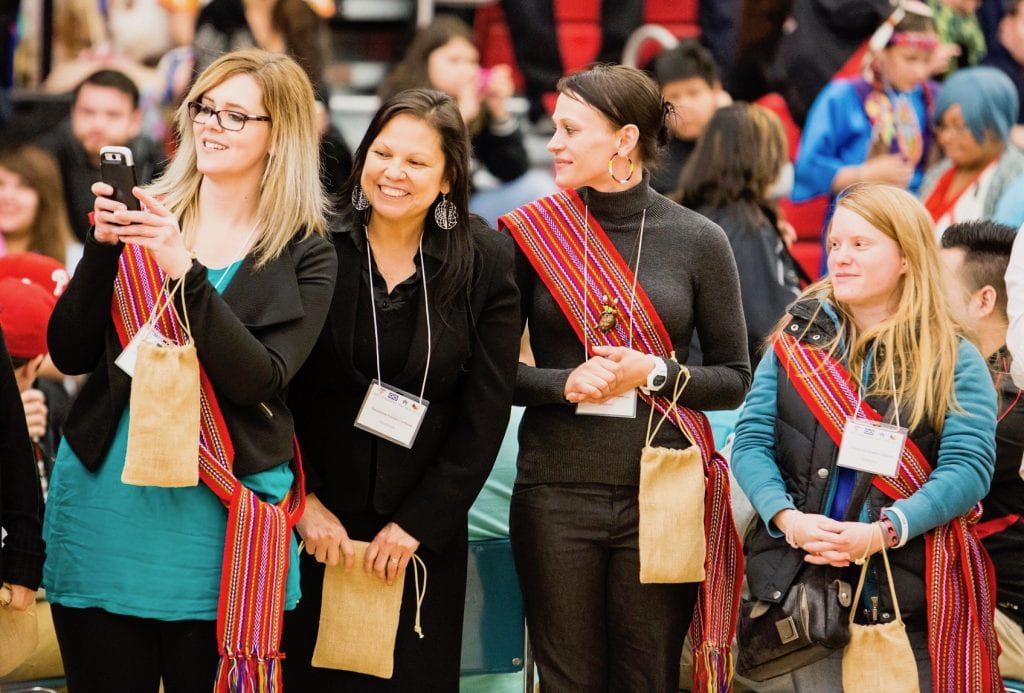Going green: College launches Energy Advisor program to support sustainable energy efforts
 Red River College, in collaboration with the Manitoba Environmental Industries Association (MEIA), is the first post-secondary institution in the province to launch an Energy Advisor program.
Red River College, in collaboration with the Manitoba Environmental Industries Association (MEIA), is the first post-secondary institution in the province to launch an Energy Advisor program.
The 15-week, part-time micro-credential program was developed to meet the need for Energy Advisors (EAs) to help deliver the one million EnerGuide rating services for eligible homes in Canada, as per the federal government’s Greener Homes initiative.
With the roll-out of the government’s Greener Home initiative and the nation-wide shortage of EAs, there’s an increased demand for specialized training, and in turn an immediate opportunity for employment for skilled labourers in Manitoba.
“The Energy Advisor micro-credential program was created to address and meet industry demands,” says Dr. Christine Watson, RRC’s Vice President, Academic and Research. “By leveraging the in-house expertise at RRC’s dynamic research facilities — including the Building Efficiency Technology Access Centre (BETAC) — along with our partners at MEIA, we’re delivering specialized skills training to prepare Manitobans for immediate employment in the growing sector of sustainable infrastructure.”
The micro-credential courses are targeted for Manitobans currently working in the fields of construction, trades or engineering, to provide necessary up-skilling. The program was designed to help learners acquire the knowledge and specialized skills to get certified as an EA and pass the Natural Resources Canada (NRCan) federal examination.
Once NRCan-certified, EAs can also add other NRCan services to their qualification, including EnerGuide for Multi-Unit Residential Buildings and ENERGY STAR for New Homes. Read More →


 LAURA DYER: Business Administration – Marketing
LAURA DYER: Business Administration – Marketing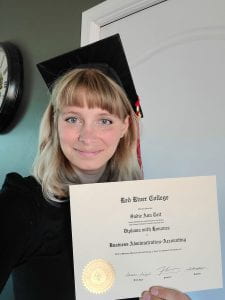 SADIE TAIT: Business Administration – Accounting
SADIE TAIT: Business Administration – Accounting